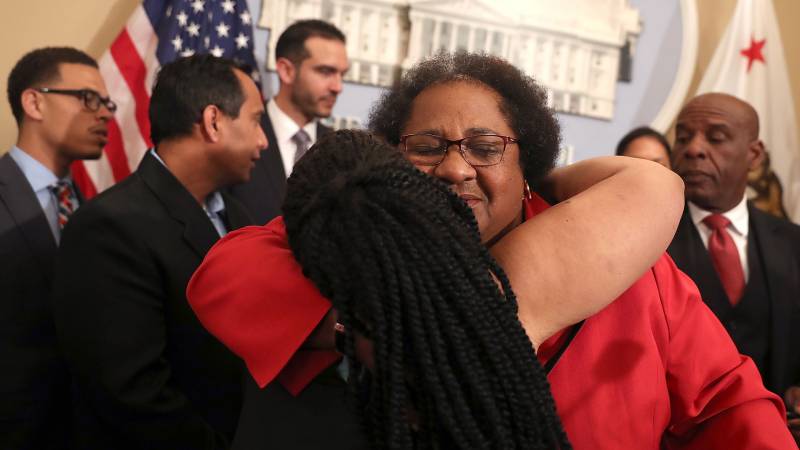Attorney General Rob Bonta said at the beginning of the day’s meeting, “Although the horrors of slavery may have begun in the past, its harms are felt every single day by Black Americans in the present.”
Bonta also brought up California as a leader in the nation, but said the state has still moved too slowly on issues of race.
“California continues to lead the nation. But as a nation, we have moved far too slowly,” Bonta said, pointing out how the first convening comes just after the 100th anniversary of the Tulsa Race Massacre, an event that he said was hidden from our collective consciousness by “our inability to confront the past.”
As established in the bill, the task force will have 10 meetings in the next two years and each one will be dedicated to a different subtopic. The next meeting will take place in August 2021 and will focus on the roots of systemic racism, institution of slavery, political participation and racial terror. The third meeting is planned for October and will tackle government segregation in housing, education and environmental justice.
The task force sunsets July 2023.
This article includes reporting from The Associated Press.

